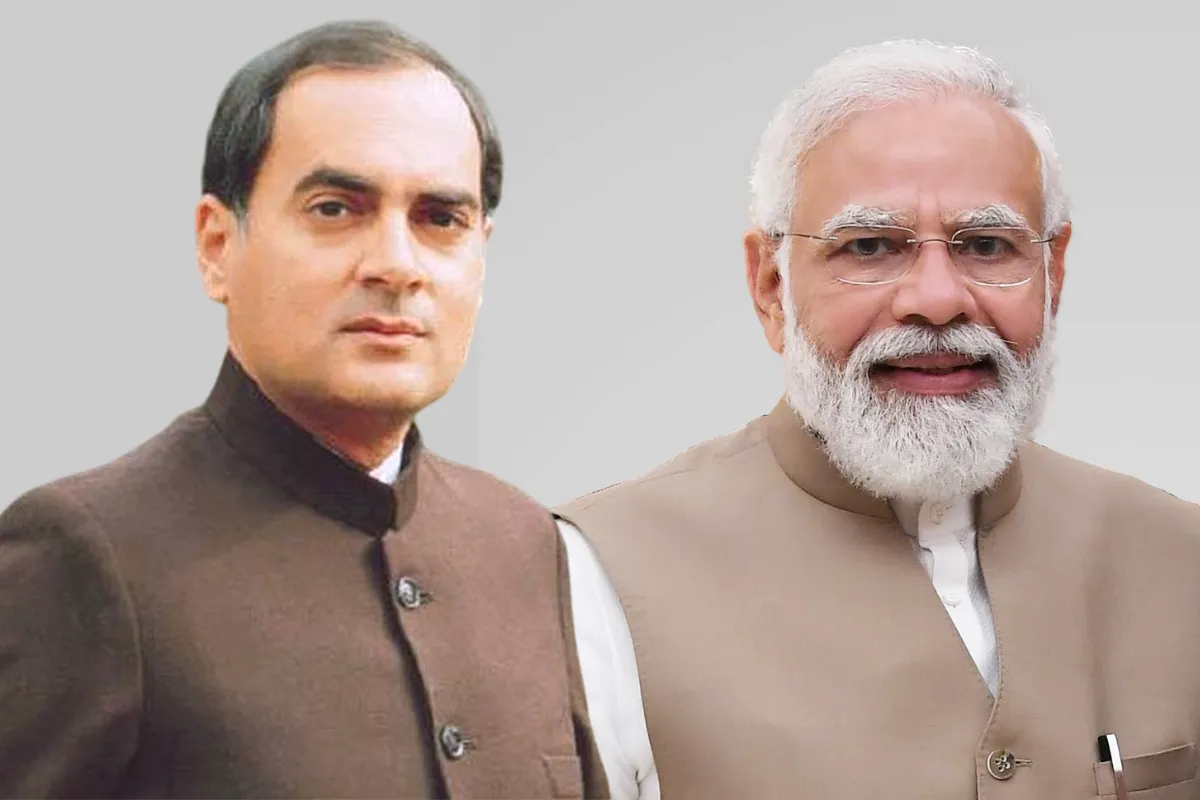The Indian Supreme Court ruled on Wednesday that, in accordance with Section 125 of the Code of Criminal Procedure (CrPC), a Muslim woman who has been divorced is entitled to maintenance from her husband even after the divorce. The court highlighted that this privilege is a fundamental right rather than a charity. The transition from the Rajiv Gandhi administration of appeasement to Prime Minister Narendra Modi’s administration of empowerment for Muslim women in India is symbolised by this historic case.
Shift From Appeasement to Empowerment
The latest ruling by the Supreme Court is a significant turning point for Muslim women’s rights in India. The court ruled that secular law would prevail over the Muslim Women (Protection of Rights on Divorce) Act 1986, which was enacted by the Rajiv Gandhi administration as a reaction to the Shah Bano ruling in 1985.
Shah Bano Case – The Beginning of the Battle
In 1985, the Shah Bano case marked a turning point for the rights of Muslim women. A Muslim woman named Shah Bano sought for maintenance against her husband, Mohammed Ahmed Khan, after their divorce. She was awarded maintenance under Section 125 of the CrPC when the Supreme Court made a decision in her favour. There was a great deal of debate over this ruling, with many claiming it went against Islamic law. The Muslim Women (Protection of Rights on Divorce) Act 1986, which was passed by the Rajiv Gandhi government in response, restricted alimony to the 90-day iddat period. This Act, which denied Muslim women the right to basic upkeep that other women were entitled to under secular law, was perceived as discriminatory.
Danial Latifi vs Union of India – Challenging the 1986 Act
In 2001, the constitutional validity of the 1986 Act was challenged in the Danial Latifi vs Union of India case. Danial Latifi, who represented Shah Bano, argued against the Act. The Supreme Court upheld the Shah Bano judgment, effectively nullifying the 1986 Act’s restrictions. This ruling ensured Muslim women received fair and reasonable maintenance beyond the iddat period, marking a significant step toward their empowerment.
Shamim Bano vs Asraf Khan – Reinforcing Maintenance Rights
In the 2014 case of Shamim Bano vs Asraf Khan, the Supreme Court rendered yet another significant decision. The court decided that a Muslim woman might apply to a magistrate’s court for maintenance from her husband even after their divorce. This ruling reaffirmed the requirement for a Muslim husband to provide for his divorced wife’s future beyond the iddat period in a reasonable and equitable manner.
Shayara Bano Case – Ending Triple Talaq
Another significant event was the Shayara Bano case in 2017. The Supreme Court ruled that triple talaq, or immediate divorce, was unlawful and unconstitutional. The court held that triple talaq violated on Muslim women’s fundamental rights, shielding them against arbitrary divorce and giving them access to the legal system.
These historic cases and the current verdict by the Supreme Court demonstrate the tremendous advancements made in Muslim women’s rights in India. It has been a difficult and long path from the Shah Bano case to the most recent ruling. But every step has been essential in turning appeasement into real empowerment.
Keep watching our YouTube Channel ‘DNP INDIA’. Also, please subscribe and follow us on FACEBOOK, INSTAGRAM, and TWITTER.


